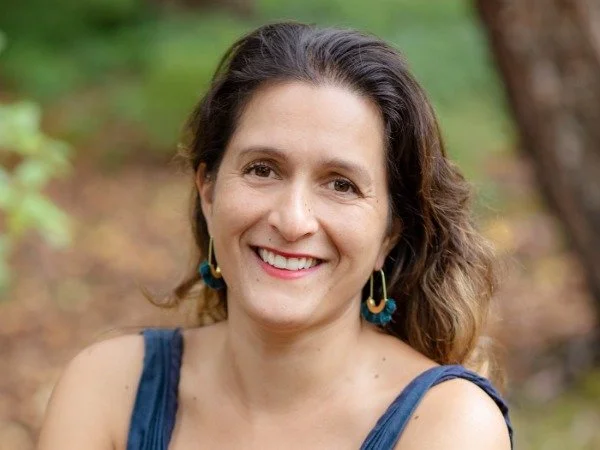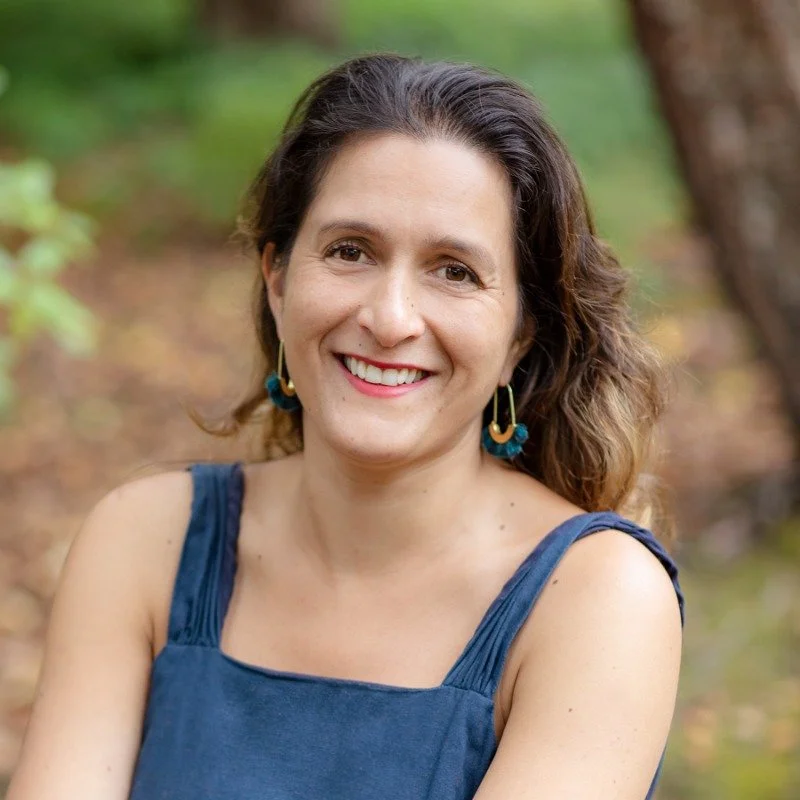Vanessa Miler-Fels: making an impact in the sustainable development field
Vanessa Miler-Fels is the Director of Energy Innovation and Impact at Microsoft and a graduate of Sciences Po’s Master in Public Affairs. In this feature, she reflects on the sustainable development field over the years and the necessity of embracing nuance. This article is part of a series of portraits published in partnership with the Sciences Po American Foundation to show the diversity of Alumni careers throughout the world and especially in the US.
By Claire Wilson
Vanessa Miler-Fels describes a longtime interest in international public affairs, that drew her to pursue a Sciences Po education. “I grew up in an international setting and lived in a few countries growing up, and I knew I wanted to have a career that could allow me to work across cultures”, she says.
Miler-Fels began with a Sciences Po bachelor’s degree and explored her interests in European affairs and development economics before continuing with the Master in Public Affairs and a second track in European Affairs through Sciences Po’s Doctoral school.
After graduating, she began her career at the Ministry of Energy in France, focusing on clean tech and climate change negotiations, particularly the financing of green infrastructure in developing countries. After several years in the public sector, she moved to the United Kingdom and pivoted to private equity, continuing to work in green infrastructure for emerging markets in Europe, the Middle East, and Africa. When looking for opportunities in the United States, Miler-Fels was eager “to continue that brand of climate change mitigation.” Attracted by the company’s scale, she joined Microsoft in 2015. As the leader of renewable energy procurement, Miler-Fels became part of an initiative to reduce the carbon footprint of Microsoft operations, including the many data centers that the firm operates.
Today, Miler-Fels leads the roadmap for Microsoft to become carbon negative by 2030. Most of her day, she says, is focused on “either executing initiatives that will lead to a direct reduction of our footprint or thinking about the strategies that we will have to put in place.” The process of reducing Microsoft’s carbon footprint still involves uncertainties. “There is a lot that we still need to figure out in terms of: what are the levers? What are the opportunities that we have within our four walls, or with partners, whether they’re customers, suppliers, or policymakers?” she adds.
Miler-Fels has been a first-hand witness to the rapid growth of the sustainable development field during her last six years at Microsoft. “Everybody is talking about powering operations with 100 percent renewable energy, for example. Now it seems obvious, but it was not at all obvious even six years ago, which is amazing.”
““Everybody is talking about powering operations with 100 percent renewable energy, for example. Now it seems obvious, but it was not at all obvious even six years ago, which is amazing.””
Miler-Fels has also witnessed the role of sustainable development shifting within the corporate landscape. She describes how 12 years ago, sustainable development was seen as a secondary topic within the realm of corporate social responsibility, oftentimes led by marketing and communications professionals rather than those with environmental science or energy backgrounds. “Since then, we have seen an incredible rise of what it means to lead sustainable operations and what it means to embed sustainability into a company’s business or into public policy.”
When asked about her favorite part of her job, Miler-Fels expresses the satisfaction of making an impact in her role. “I love that every day I work on something that I care very deeply about”, she says. “We need all of us to work together on the climate crisis, and I am incredibly privileged that it is my day job.” The critical impact of her work is also her biggest challenge. “The climate crisis is a big challenge, and it is not going to be solved by one company”, she adds. “The challenge is figuring out where we put our focus, where we have the most impact, and where we prioritize in order to not get lost in the amount of work that must be done.”




